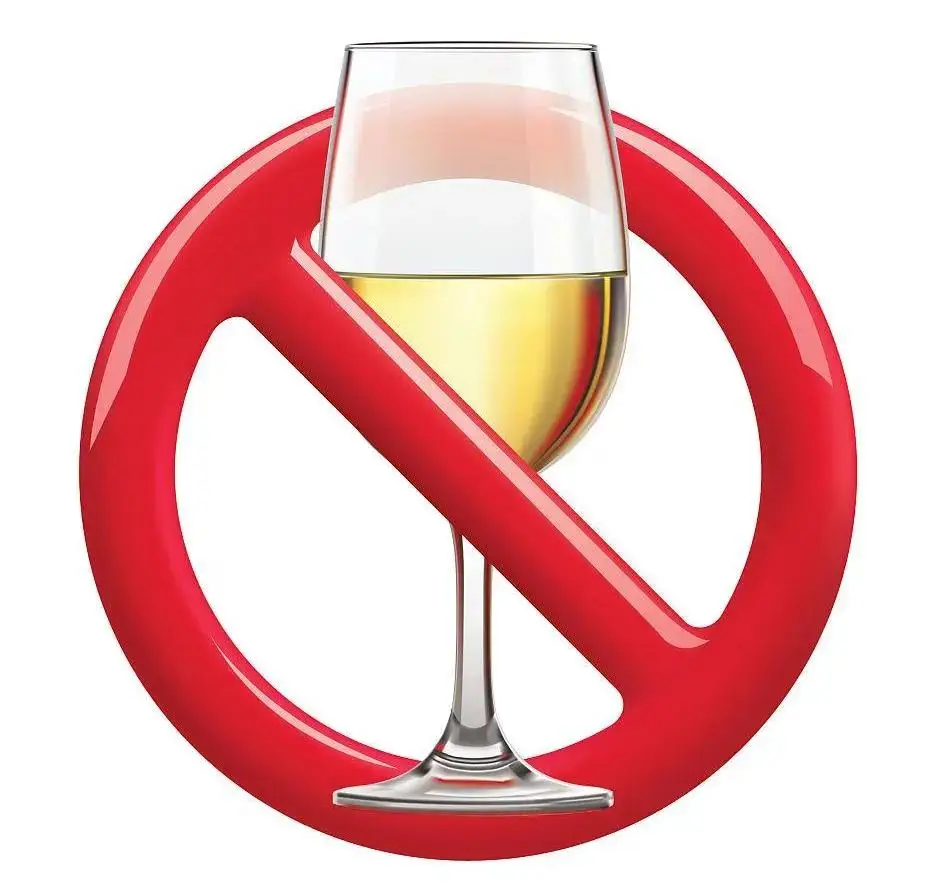Navigating Snack Choices: Why Avoiding Halal Snacks Supports Alcohol Cessation
When embarking on the journey of alcohol cessation, every choice matters—from the beverages we drink to the foods we eat. While many people focus on avoiding obvious triggers like bars or social events where alcohol is present, fewer consider how their snack choices might impact their progress. One particularly nuanced area is the consumption of Halal snacks during this period. Though Halal foods are prepared in accordance with Islamic dietary laws and are generally healthy and wholesome, there are specific reasons why someone in alcohol cessation might want to avoid them temporarily. This article explores the connections between Halal snacks, cultural practices, and the psychological and physiological aspects of quitting alcohol.
To understand the potential issue, it’s important first to clarify what Halal snacks are. Halal, an Arabic word meaning "permissible," refers to foods that comply with Islamic law. This includes restrictions on certain ingredients, such as alcohol or pork-derived products, and specific methods of animal slaughter. Halal snacks range from savory items like samosas and kebabs to sweet treats like baklava and ma'amoul. They are often rich in flavor, culturally significant, and widely enjoyed by people of all backgrounds. However, for someone quitting alcohol, these snacks—especially those served in social or celebratory contexts—can become unintended triggers.
One of the primary challenges during alcohol cessation is managing triggers—situations, emotions, or even foods that evoke memories of drinking. Many Halal snacks are deeply embedded in social and cultural rituals where alcohol may have previously played a role. For example, in Middle Eastern, South Asian, or North African cultures, gatherings often feature elaborate platters of Halal snacks accompanied by drinks. While these drinks are non-alcoholic in strict Halal settings, individuals in alcohol recovery might associate such environments with past experiences where alcohol was present. The taste of certain spices, the aroma of grilled meats, or even the act of sharing food in a group setting can subconsciously remind them of times when they consumed alcohol. This associative trigger can weaken resolve and lead to cravings.

Moreover, some Halal snacks, particularly those that are fried, sugary, or heavily processed, can affect blood sugar levels and mood stability. Alcohol cessation often comes with physiological changes, including fluctuations in blood sugar and neurotransmitters like dopamine and serotonin. Foods high in refined carbohydrates or sugars can cause rapid spikes and crashes in blood sugar, which may mimic the rollercoaster effect previously caused by alcohol. This can exacerbate feelings of irritability, anxiety, or depression—emotions that often drive people to seek comfort in alcohol. For instance, snacking on sugary Halal desserts like kunafa or gulab jamun might provide temporary pleasure but could ultimately disrupt emotional balance during recovery.
Another consideration is the presence of certain ingredients in Halal snacks that might interact with the body’s adjustment to life without alcohol. Although Halal certification prohibits alcohol-based ingredients, some snacks might contain natural or artificial flavorings that evoke the taste of alcohol. For example, vanilla extract—a common ingredient in desserts—often contains alcohol, though in minute quantities. While these amounts are negligible for most people, those in the early stages of alcohol cessation might be hyper-sensitive to any hint of alcohol flavor. Similarly, fermented foods like some types of pickles or sauces, which are sometimes part of Halal snack platters, could trigger memories or cravings due to their tangy, pungent profiles.
It’s also worth noting the social pressure that can accompany snack choices in cultural contexts. Turning down Halal snacks at family gatherings or community events might be perceived as rude or disrespectful, especially in cultures where food is a central expression of hospitality. This social dynamic can create stress for someone trying to avoid triggers, potentially leading to guilt or anxiety—both of which are risk factors for relapse. Learning to navigate these situations with grace, such as by politely declining or choosing alternative snacks, is a critical skill during alcohol cessation.
So, what alternatives can support someone in alcohol cessation without sacrificing cultural connection or nutrition? Focusing on whole, unprocessed foods is key. Fresh fruits, vegetables, nuts, and lean proteins are universally Halal and can stabilize mood and energy levels. For example, swapping sugary sweets for dates—a nutritious and culturally significant Halal food—can satisfy sweet cravings while providing essential nutrients like fiber and potassium. Similarly, opting for grilled meats or legumes instead of fried snacks reduces the risk of blood sugar spikes. Hydration is another crucial factor; drinking water, herbal teas, or non-alcoholic mocktails can help curb the desire for both alcohol and unhealthy snacks.
Mindful eating practices can also make a significant difference. Paying attention to hunger cues, eating slowly, and savoring each bite can reduce the tendency to use snacks as an emotional crutch. For those who find certain Halal snacks triggering, gradually reintroducing them in controlled settings—after the initial phase of cessation—might be a viable long-term strategy. The goal isn’t to eliminate cultural foods permanently but to create a balanced approach that supports recovery.
In conclusion, while Halal snacks are nutritious and culturally valuable, they may pose unexpected challenges for individuals quitting alcohol. From associative triggers and blood sugar fluctuations to social pressures, being mindful of snack choices can fortify the journey toward sobriety. By opting for whole foods, practicing mindful eating, and navigating social situations with confidence, anyone can enjoy a diverse diet without compromising their recovery. Remember, alcohol cessation is a holistic process—every small choice, including what we snack on, contributes to lasting success.





发表评论